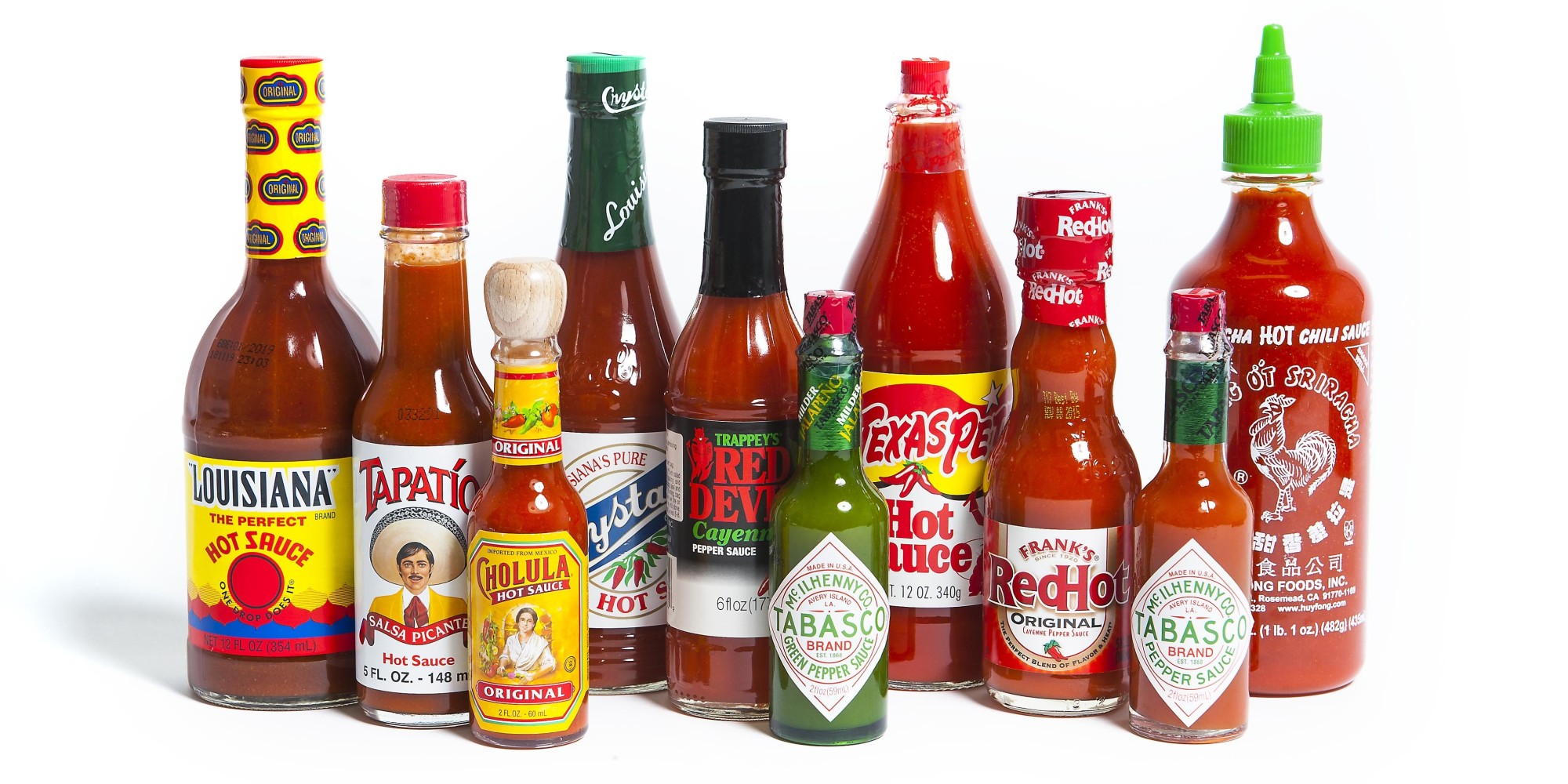Localization can be necessary without a language barrier. 3dcart, an online retailer, noticed that the Canadian market often bailed on their purchases during the 'checkout' process. They decided to change the billing information to include 'state/province' instead of just 'state' and 'zip/postal code' instead of just 'zip code.' These simple changes don't seem to make a difference to us Americans, but to the Canadians it made the shopper more comfortable. The changes persuaded the online shopper that the retailer knew him or her. Showing the customer that the company understood him or her made all the difference for 3dcart's business in Canada. All they had to do was make the customer feel more at home. This isn't the only way to localize for more customers.
 My wife knows that I always need a bottle of hot sauce in the fridge. Fortunately for me, she's the one who stocks the fridge. After failing a few times on getting a hot sauce that I like she finally asked in frustration: "How am I supposed to know what hot sauce is good?" It took me a while to figure out how, but I realized that there is a way without having to taste it: Buy the bottle of hot sauce with the least amount of English on it. If you like Mexican hot sauce, buy the one with Spanish on it. If you like Asian hot sauce, the one with an Asian language. Instead of wanting to buy what I feel more at home with, I always go with the hot sauce that seems the most foreign to me. These companies localize their products well by persuading me that they are foreign.
My wife knows that I always need a bottle of hot sauce in the fridge. Fortunately for me, she's the one who stocks the fridge. After failing a few times on getting a hot sauce that I like she finally asked in frustration: "How am I supposed to know what hot sauce is good?" It took me a while to figure out how, but I realized that there is a way without having to taste it: Buy the bottle of hot sauce with the least amount of English on it. If you like Mexican hot sauce, buy the one with Spanish on it. If you like Asian hot sauce, the one with an Asian language. Instead of wanting to buy what I feel more at home with, I always go with the hot sauce that seems the most foreign to me. These companies localize their products well by persuading me that they are foreign.
I'll comment on yours if you comment on mine. I've never thought about this profession, but it seems really important. It's also interesting that you can use different languages in communicating and persuading in your field. It takes it to the next level.
ReplyDelete